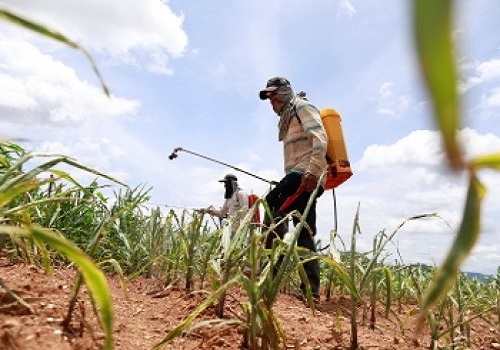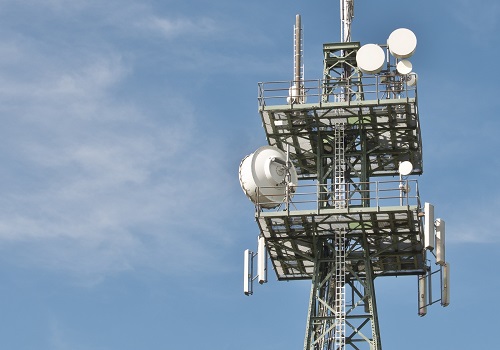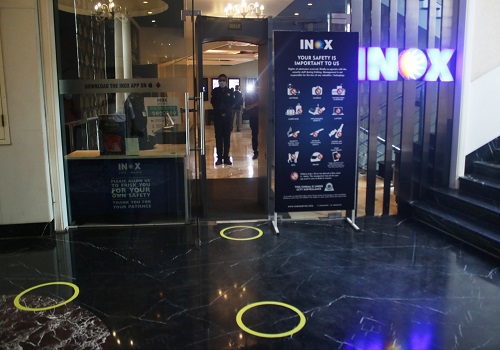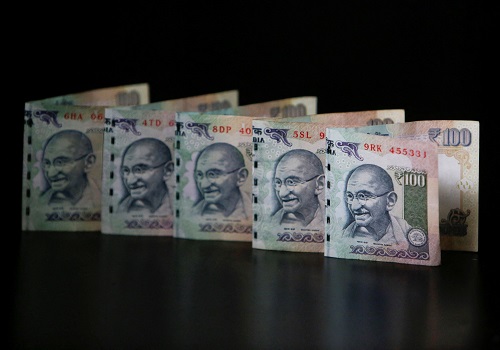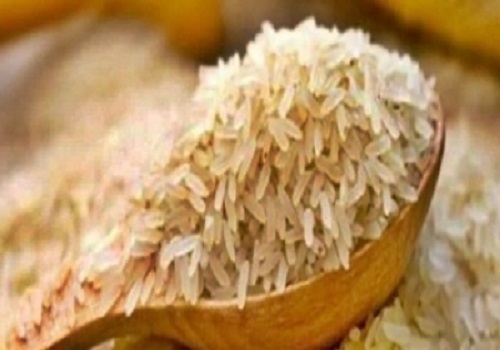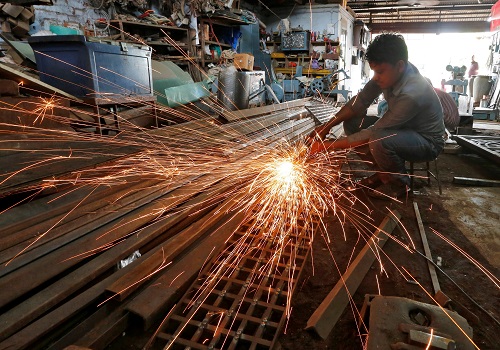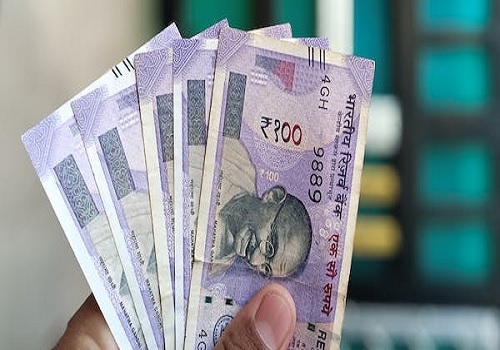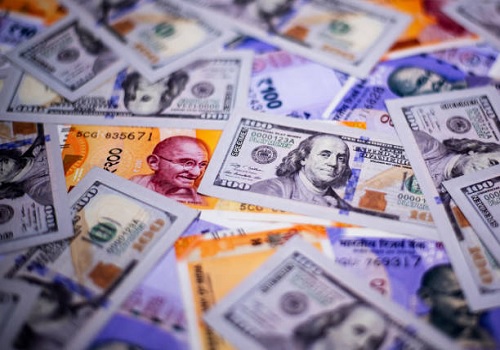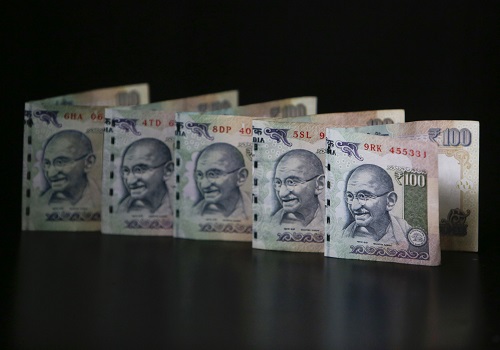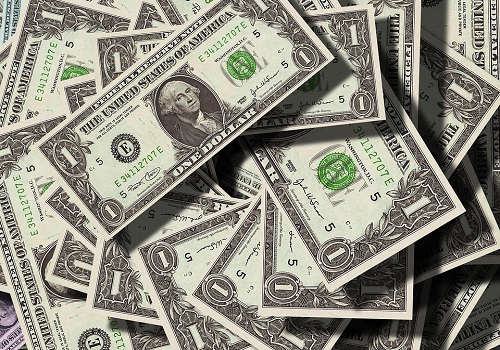Counting on RBI support, offshore investors build Indian rupee crosses positions - traders
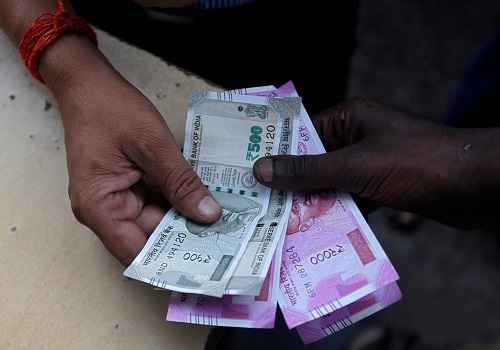
Follow us Now on Telegram ! Get daily 10 - 12 important updates on Business, Finance and Investment. Join our Telegram Channel
Foreign investors are wagering that the Indian rupee will do well against other non-U.S. dollar currencies on the non-deliverable forward market, thanks to the Reserve Bank of India's currency intervention, traders said on Friday.
The rupee will hold up better in an environment where the dollar is likely to receive support from the hawkish U.S. Federal Reserve, they said.
Buying the rupee against other non dollar currencies "looks straightforward to us with the narrative on the Fed having changed," an analyst at a Singapore-based asset management company, who did not want to be named on account of the fund's policies, said.
"You are basically taking a call on the relative volatility, betting that the Fed risks will be least felt on the rupee on account of the RBI's reaction function."
The RBI has been managing the rupee by building reserves during periods when the dollar is weakening and drawing on reserves when the dollar is rallying, according to analysts.
They said the rupee did not participate much in the dollar's decline against its major peers and Asian currencies from November to January, likely on account RBI's dollar purchases.
The RBI bought more than $8 billion dollars in the spot market in November and December, according to data by the central bank. Data for January was not yet available.
Now, with U.S. jobs and inflation data points helping the dollar rally over the last three weeks, the rupee has barely budged on back of the RBI's dollar sales, held in a narrow 25-paisa range against the dollar this week.
Traders have said it was likely the RBI was not allowing the rupee to weaken past 83.
Ashish Agrawal, head of FX and EM macro strategy research, Asia, Barclays said what the RBI is doing is actively depressing FX risk premiums and "ensuring that the modest demand for dollars is satisfied by their selling."
"Last year they did look a little persistent at 80 levels and now they are looking a little persistent at 83 levels."
Apart from RBI, another reason for adding a short cross/INR trade is seasonality, the first analyst, from a Singapore-based asset management company, said.
Three major research houses - BofA Securities, Citi and Nomura, have said in recent days that rupee should strengthen into the end of India's fiscal year-end, helped by dollar inflows. India's fiscal year runs from Apr. 1 to March 31.
"Market in NDFs has been putting large sized cross INR trades like the Korean won/Indian rupee (KRWINR) short and Euro/Indian rupee (EURINR) short," another portfolio fund manager at an Asia-focussed hedge fund, who could not be named on account of the fund's policies, said.
He said that these trades were made in the 1-month tenor and that needed two separate legs involving USD/INR and USD/KRW or USD/EUR to take an exposure.












 320-x-100_uti_gold.jpg" alt="Advertisement">
320-x-100_uti_gold.jpg" alt="Advertisement">

